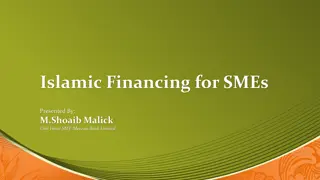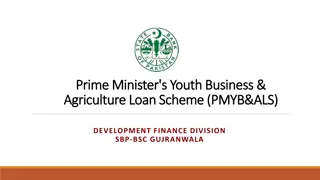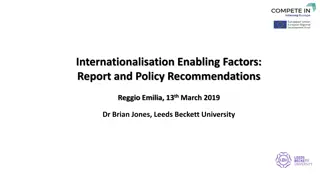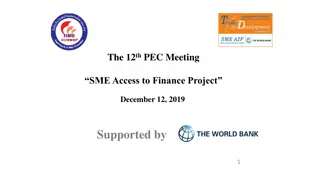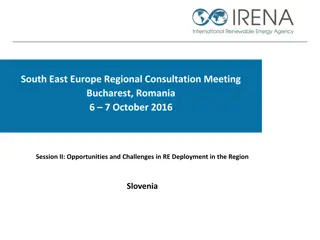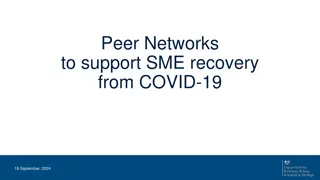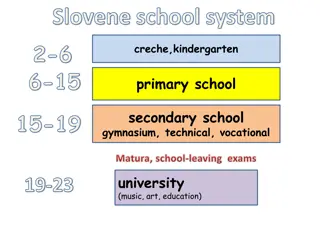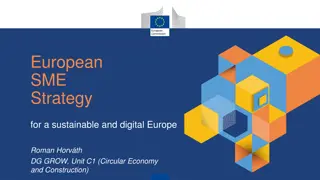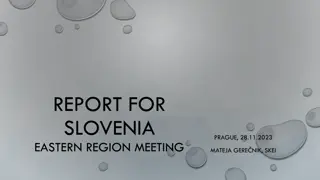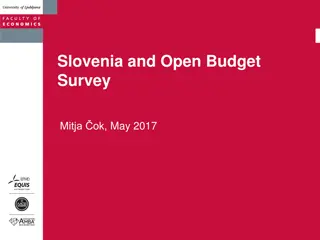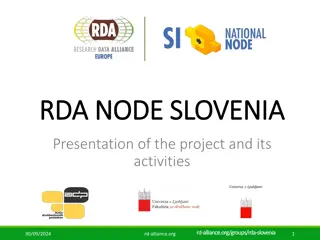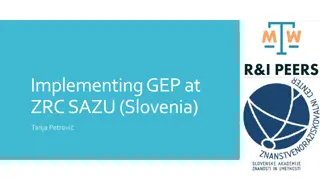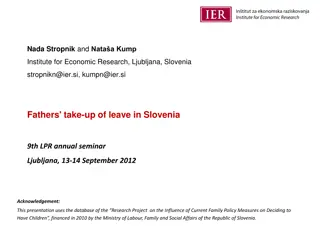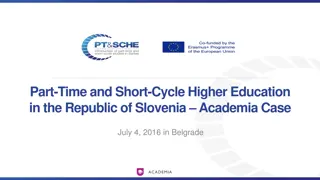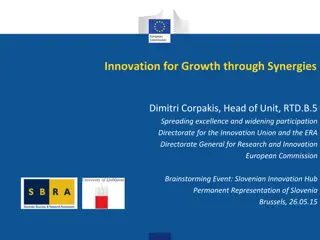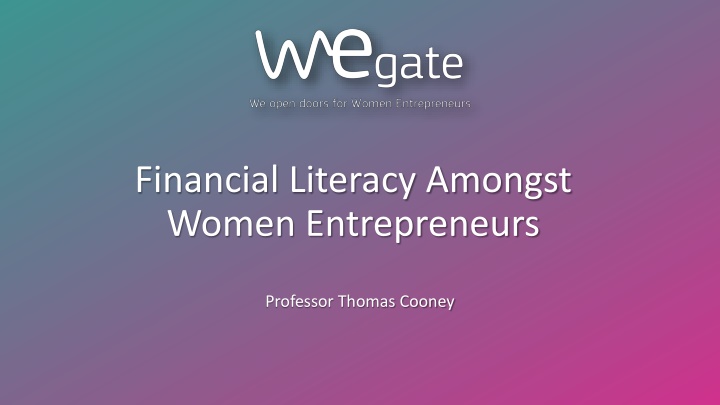
Empowering Women Entrepreneurs: Financial Literacy Insights and Challenges
Explore the importance of financial literacy among women entrepreneurs, with key findings on their financial knowledge, training levels, and challenges faced. Discover insights on access to finance, sources of funding, and actions to improve financial support for women-owned businesses.
Download Presentation

Please find below an Image/Link to download the presentation.
The content on the website is provided AS IS for your information and personal use only. It may not be sold, licensed, or shared on other websites without obtaining consent from the author. If you encounter any issues during the download, it is possible that the publisher has removed the file from their server.
You are allowed to download the files provided on this website for personal or commercial use, subject to the condition that they are used lawfully. All files are the property of their respective owners.
The content on the website is provided AS IS for your information and personal use only. It may not be sold, licensed, or shared on other websites without obtaining consent from the author.
E N D
Presentation Transcript
Financial Literacy Amongst Women Entrepreneurs Professor Thomas Cooney
Importance of Financial Literacy Women display lower financial knowledge than men, and are also less confident in their financial knowledge and skills. OECD, 2013 We Open Doors for Women Entrepreneurs
Level of Financial Training We Open Doors for Women Entrepreneurs
Webarometer Results 2021 51.19% of businesses had revenue of less than 100,000, while 16.67% of businesses had revenue greater than 1 million The main reasons given why women might not start a business were: (1) Lack of access to finance, (2) Too few role models, (3) Low self-confidence, and (4) Unwilling to take risk The biggest challenges facing women business owners were identified as: (1) Difficulty securing finance, (2) Lack of knowledge / skills about starting and growing a business, (3) Difficulty obtaining support from state enterprise agencies, and (4) Substantial caring obligations The three business areas that respondents considered they needed training to help start their business were: (1) Financial management and cost control, (2) Business planning and organisation, and (3) Fundraising / Investor relations The main sources of finance for starting a business were identified as: (1) Own savings, (2) Family / relatives, (3) Government grants The top three sources of finance for growing a business were: (1) Bank business loan, (2) Government grants, and (3) Business savings The sources ranked lowest were: (1) Angel investor finance, and (2) Venture capital funds The main reasons that women choose not to use venture capital or angel investment were: (1) Want to minimize giving percentage of ownership to outsiders, (2) Expectation of gender discrimination, and (3) Prefer to self-finance through cash flow The highest ranked actions proposed to improve access to finance were: (1) Access to start-up grants specifically for women entrepreneurs, (2) Provide more direct advice and support with accessing the right source of funding, and (3) Access to 100% finance guarantee loan schemes for Women Entrepreneurs We Open Doors for Women Entrepreneurs
Key Messages If majority of businesses have turnover of less than 100,000, than good financial management is critical Women entrepreneurs lack self-confidence regarding financial literacy which reduces their desire to engage with VCs I don t expect an Owner-Manager to be a qualified accountant, but I do expect them to understand the basics of finance (not just accountant s job) Please, please - take a course on financial literacy (e.g. www.dothefinancials.com) Monitor dashboard monthly figures such as sales, costs, profit, cash in bank and debtors list which are critically important Understand financial statements as they help you to make better business decisions Which customers are making you the most / least amount of profit? Increase your cash flow by reducing your debtors Financial literacy, meaning the ability to understand and effectively use financial tools, is the key to making informed financial decisions. It helps individuals make smart investments, save for retirement, and build resilience to economic shocks, like the one endured globally during the COVID-19 pandemic. Instead of living day-to-day and thus incurring higher costs, financially literate people are able to plan strategically for the long term. As such, a lack of financial knowledge prevents women from accumulating wealth and it ultimately stops them from securing their future . - World Economic Forum, February 2022 We Open Doors for Women Entrepreneurs

